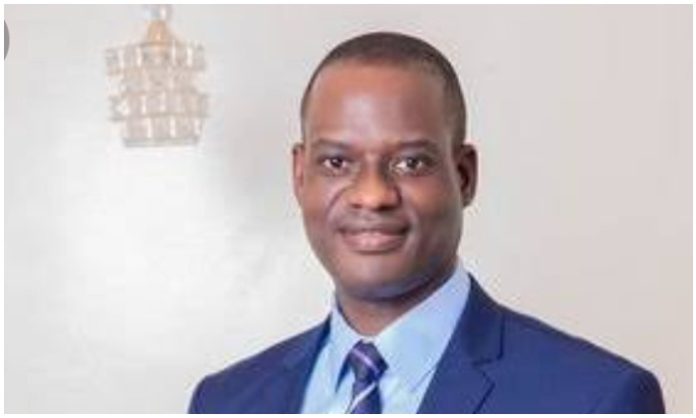The Federal Government’s new tax reform bills, currently under review by the National Assembly, aim to streamline revenue collection by centralizing the process under a single agency. These reforms propose ending the tax collection roles of multiple federal agencies, including the Nigerian Upstream Petroleum Regulatory Commission (NUPRC) and the Nigerian Customs Service (NCS).
Taiwo Oyedele, Chairman of the Presidential Tax and Fiscal Reform Committee, confirms these plans in an interview with Channels TV on Friday. He explains that the reform bills focus on stopping around 60 federal agencies from collecting taxes, allowing them to concentrate on their core regulatory responsibilities.
Simplifying Tax Collection Across Federal Agencies
Under the proposed reforms, all federal taxes are to be collected exclusively by a newly renamed Nigerian Inland Revenue Service (NIRS), which will replace the current Federal Inland Revenue Service (FIRS). Oyedele highlights that agencies like the NUPRC, which currently collect royalties from oil companies, should focus solely on regulating upstream activities rather than managing tax collection.
Similarly, the Nigerian Customs Service (NCS), responsible for collecting import duties and VAT, will shift its focus to trade facilitation and border protection. Oyedele points out that Nigeria is unique in having numerous agencies collecting taxes, a practice not observed in other countries.
“We have over sixty federal agencies collecting taxes and levies. This is not the norm in other nations, whether in Africa or elsewhere. It makes sense to have one agency handle all tax collections, enabling other government bodies to focus on their primary mandates,” Oyedele states.
Rebranding FIRS to NIRS for Centralized Tax Collection
The new legislation also includes a rebranding of FIRS to the Nigerian Inland Revenue Service (NIRS), reflecting its expanded role in collecting both federal and some state taxes. Oyedele notes that, in practice, FIRS has always functioned as a revenue collection body for the entire federation rather than just the federal government. The taxes it collects are distributed across all levels of government.
“The FIRS serves as a revenue agency for the federation, not just for the federal government. To better align with its responsibilities, we believe the name ‘Nigerian Inland Revenue Service’ is more appropriate,” he adds.
Background of the Tax Reform Initiative
The Federal Government’s tax reform agenda begins shortly after President Bola Tinubu inaugurates the Tax and Fiscal Reform Committee in August 2023. Led by tax expert Taiwo Oyedele, the committee is tasked with overhauling Nigeria’s tax system to establish a more efficient, growth-driven structure. The initiative aims to boost economic development, enhance revenue generation, and improve tax compliance.
Key proposals include increasing the Value Added Tax (VAT) rate to generate additional government revenue while introducing tax exemptions to provide relief for low-income earners. These measures are designed to address income inequality and ensure a fairer distribution of the tax burden across various sectors of the economy.











